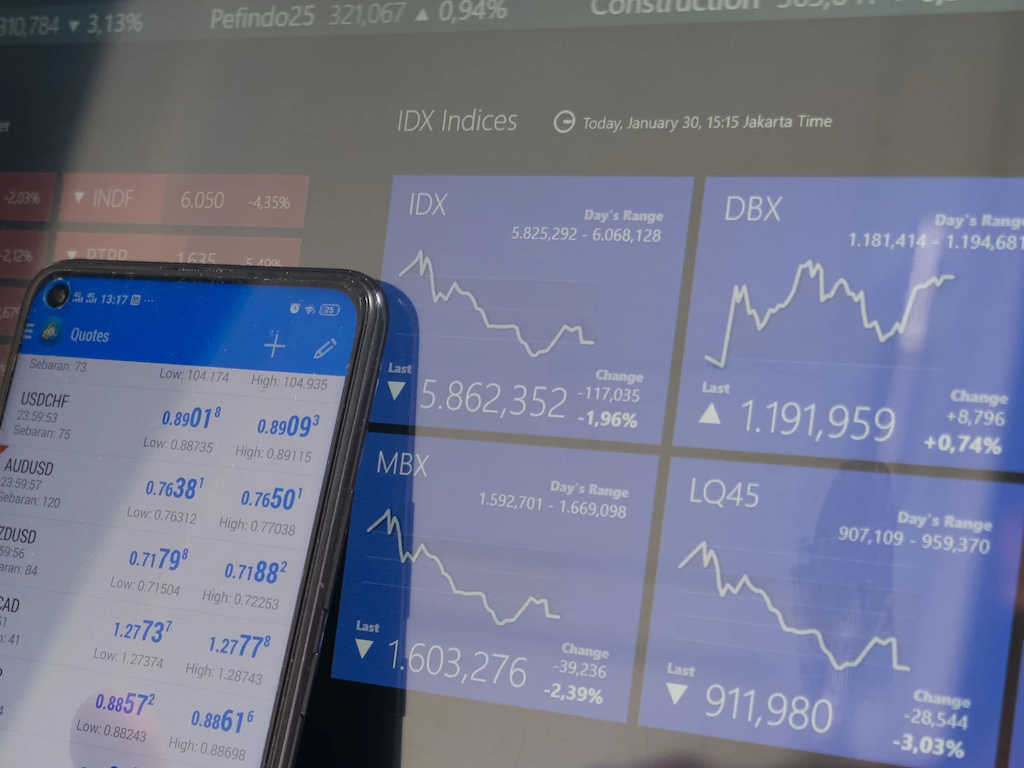Table of Contents
What is Market Timing?
Market timing is the act of trying to predict when to buy or sell stocks based on market conditions. Investors who practice market timing try to buy stocks when they believe the market is low and sell when they believe the market is high. This approach to investing is based on the idea that by correctly predicting market movements, investors can maximize their returns and minimize their losses.
The Risks of Market Timing
However, market timing can be risky because it is extremely difficult to accurately predict market movements. The stock market is influenced by a wide range of factors, including economic conditions, company earnings, and geopolitical events. These factors can change rapidly and unexpectedly, making it difficult for even the most seasoned investors to accurately predict market movements.
Furthermore, attempting to time the market requires frequent trading, which can incur significant transaction costs. These costs can eat into an investor's returns and make it even harder to achieve a positive outcome.
The Benefits of Long-Term Investing
In contrast to market timing, long-term investing involves holding onto stocks for an extended period of time, regardless of short-term market fluctuations. This approach is based on the idea that over the long-term, the stock market tends to rise, and that by holding onto stocks for an extended period of time, investors can capture these gains.
Long-term investing also has the benefit of minimizing transaction costs, as it involves fewer trades. This means that more of an investor's returns can be kept, rather than being eaten up by trading fees.
Advantages of Market Timing:
- The potential to maximize returns: By correctly predicting market movements and buying low and selling high, investors may be able to achieve higher returns compared to simply holding onto stocks for an extended period of time.
- The opportunity to minimize losses: By selling stocks when the market is high and buying when the market is low, investors may be able to avoid significant losses.
Disadvantages of Market Timing:
- The difficulty of accurately predicting market movements: The stock market is influenced by a wide range of factors that can change rapidly and unexpectedly, making it difficult to accurately predict market movements.
- Incurring significant transaction costs: Frequent trading associated with market timing can incur significant transaction costs, which can eat into an investor's returns.
- The potential for missed opportunities: By attempting to time the market, investors may miss out on potential gains if they sell stocks before the market rises or if they fail to buy stocks before the market falls.
- The risk of emotional decision-making: Making investment decisions based on market timing can lead to emotional decision-making, which can be detrimental to long-term investment success.
Conclusion about Market Timing
While market timing may seem like a tempting way to try to maximize returns, it is important to recognize the risks and challenges involved. Instead, long-term investing can be a more reliable way to achieve successful outcomes, as it allows investors to take advantage of the long-term upward trend of the stock market and minimize transaction costs.

